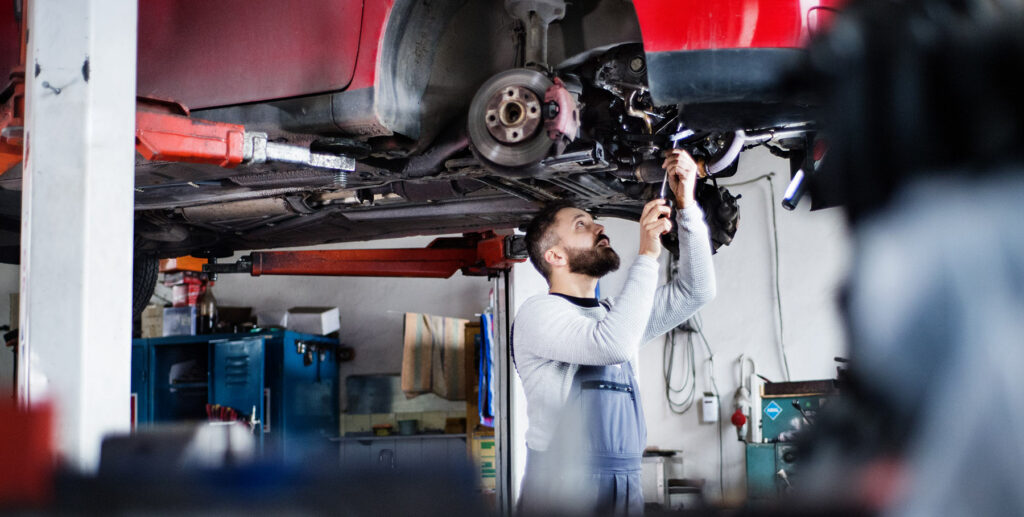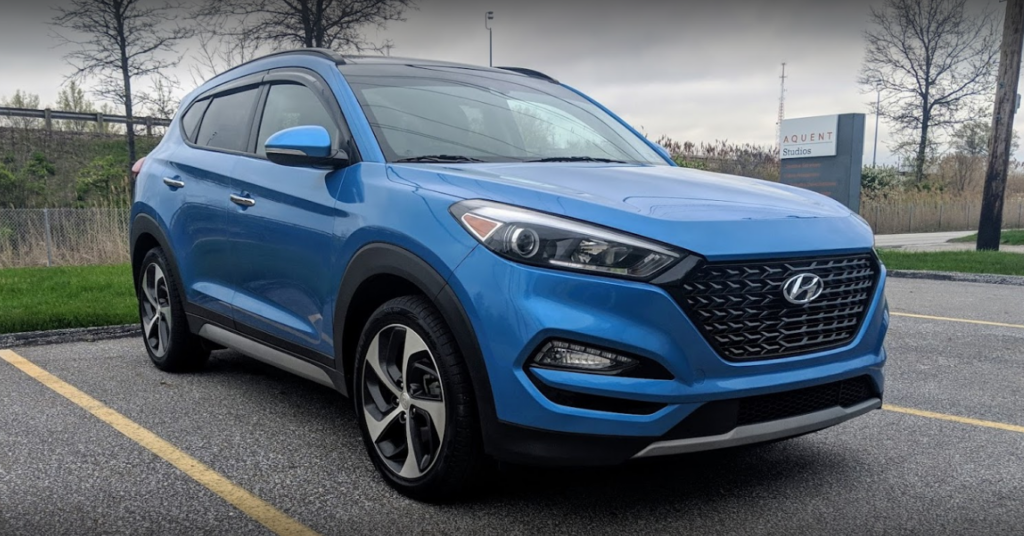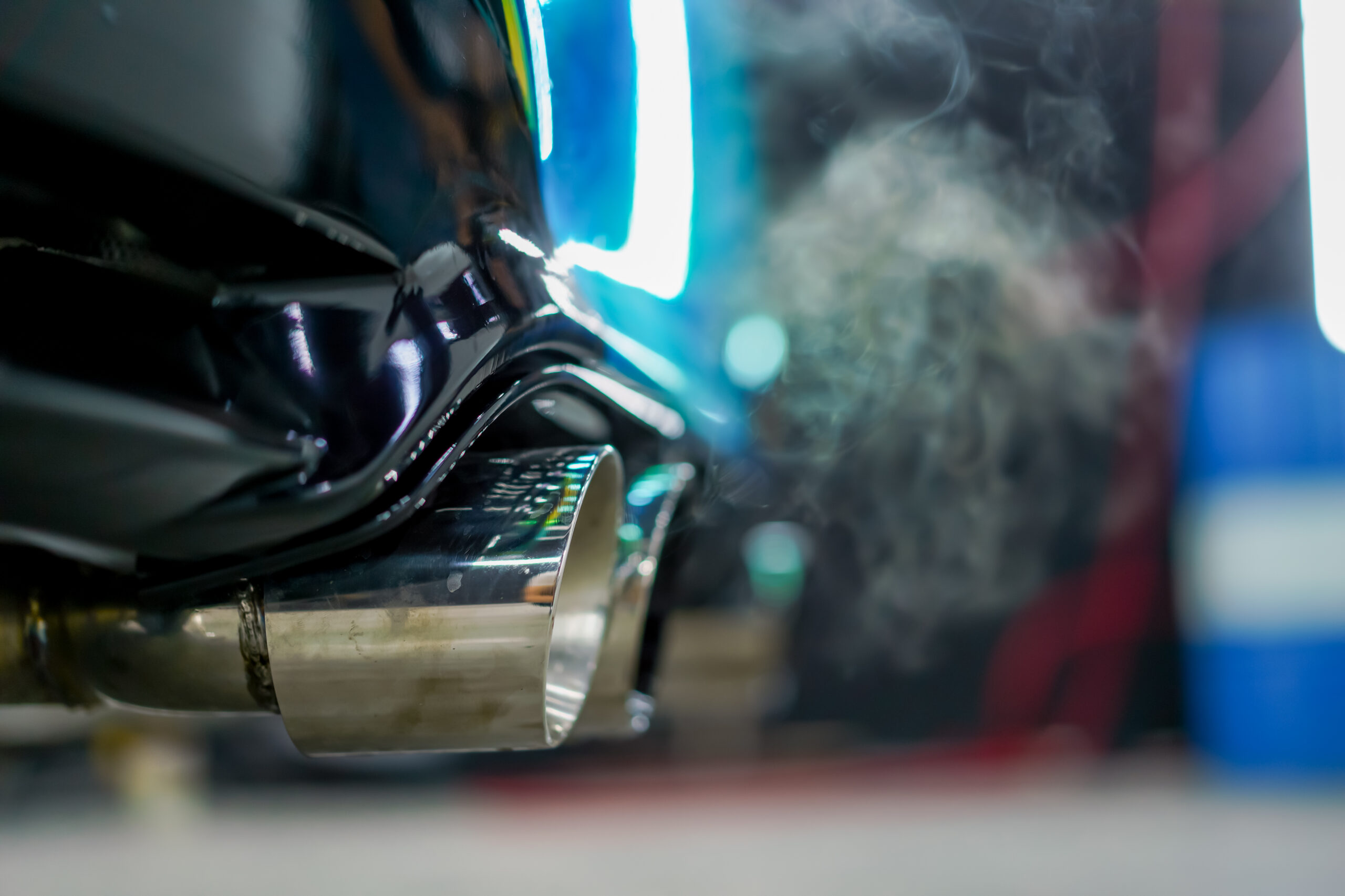Auto body repair requires precision, expertise, and the right materials to ensure that vehicles are restored to their pre-accident condition. When it comes to repairing or replacing damaged body panels, selecting the appropriate gauge sheet metal is crucial for achieving optimal results. In this comprehensive guide, we’ll explore the factors to consider when choosing gauge sheet metal for auto body repair, discuss common gauges used in the industry, and provide insights to help you make informed decisions for your repair projects.

Understanding Gauge Sheet Metal
Gauge sheet metal refers to the thickness of the metal sheet used in auto body repair and fabrication. The gauge measurement system is based on the number of operations required to produce a given thickness of metal. In general, the lower the gauge number, the thicker the metal sheet. For example, 18-gauge sheet metal is thicker and more durable than 22-gauge sheet metal.
Factors to Consider
Several factors should be taken into account when selecting gauge sheet metal for auto body repair:
- Extent of Damage: The severity and location of the damage will influence the thickness of sheet metal needed for repair. Areas prone to impact, such as doors and fenders, may require thicker gauge sheet metal to withstand potential future damage.
- Vehicle Make and Model: Different vehicles have varying structural designs and requirements for body panel thickness. It’s essential to consult the manufacturer’s specifications or seek guidance from experienced professionals to determine the appropriate gauge for your specific vehicle.
- Durability and Longevity: Thicker gauge sheet metal offers increased durability and resistance to dents and dings. However, thicker metal may also be heavier and more challenging to work with, particularly for intricate repairs or panel shaping.
- Cost and Budget: Thicker gauge sheet metal typically comes at a higher cost than thinner gauges. Consider your budget constraints and weigh the benefits of increased durability against the associated expenses.

Common Gauges Used in Auto Body Repair
While there is no one-size-fits-all solution when it comes to gauge sheet metal selection, several common gauges are frequently used in auto body repair:
- 18-Gauge: Considered a standard thickness for auto body repair, 18-gauge sheet metal provides a balance of strength, durability, and workability. It is commonly used for patch panels, door skins, and other structural components.
- 20-Gauge: Slightly thinner than 18-gauge, 20-gauge sheet metal is suitable for less critical areas or cosmetic repairs where weight savings may be desired. It is commonly used for floor panels, trunk lids, and smaller patch panels.
- 22-Gauge: Thinner and more lightweight than 18-gauge and 20-gauge, 22-gauge sheet metal is often used for non-structural repairs or cosmetic enhancements. It is suitable for areas where weight reduction is a priority, such as roof panels or trim pieces.
Selecting the Right Gauge for Your Repair Project
Choosing the right gauge sheet metal for your auto body repair project requires careful consideration of the factors mentioned above. While thicker gauges offer increased durability and resistance to damage, they may also be heavier and more challenging to work with. Thinner gauges provide weight savings and greater flexibility but may sacrifice some durability. Ultimately, the best gauge for your project will depend on the specific requirements of your vehicle, the nature of the damage, and your budget constraints.
Conclusion
In conclusion, selecting the right gauge sheet metal is essential for achieving successful auto body repairs. By considering factors such as the extent of damage, vehicle make and model, durability, and cost, you can make informed decisions when choosing the appropriate gauge for your repair projects. Whether you opt for the strength of 18-gauge sheet metal or the weight savings of 22-gauge, prioritizing quality materials and skilled craftsmanship will ensure that your auto body repairs stand the test of time.



